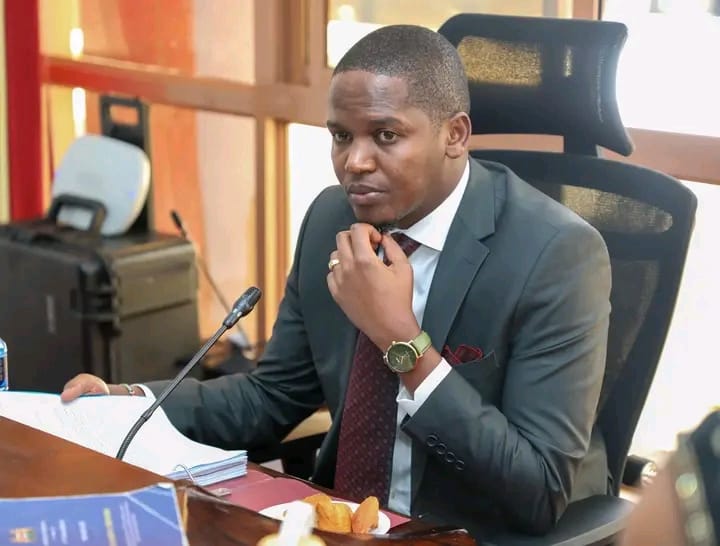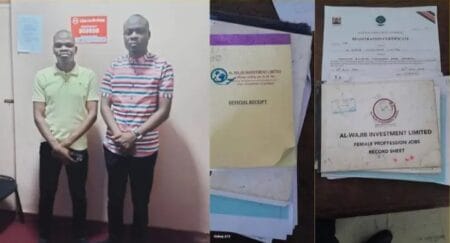The Senate ICT Committee on Information, Communication, and Technology has stepped up its oversight role, focusing on data protection, transparency in telecommunications, and equitable access to digital services across the country.
During the first quarter of 2025, the committee, chaired by Trans Nzoia Senator Allan Kiprotich Chesang, held nine sittings, examined fourteen statements, considered one key bill, and advanced two major enquiries. In his official statement to the House, Sen. Chesang reaffirmed the Committee’s dedication to ensuring Kenya’s digital transition is secure, inclusive, and accountable.
“We are committed to making sure that Kenya’s digital future is anchored on transparency, accessibility, and protection of citizens’ rights. This committee remains focused on connecting the dots between technology, governance, and public interest,” said Sen. Chesang.

Among the top agenda items was the Technopolis Bill, 2024, which seeks to provide a legal framework for the development of high-tech innovation zones across the country. The bill was committed to the committee in December 2024, and public participation was conducted in January 2025. Stakeholders, including private sector players and citizens, were invited to submit memoranda.
“The Committee has finalised public consultations and is in the process of compiling its report. A key recommendation is the need for meaningful public engagement before any area is gazetted as a technopolis,” noted Sen. Chesang.
On the oversight front, the committee handled several high-stakes statements concerning digital infrastructure, data privacy, and media freedoms. These include the sale of Telkom Kenya to Infrastructure Corporation Africa, the financial health of the Postal Corporation of Kenya, increasing network failures by Safaricom, and the alleged breach of subscriber data. Other issues under review involve online exploitation of minors, the administration of the Universal Service Fund, and recent internet disruptions across the country.
The Committee has already received partial responses from relevant institutions such as the Ministry of ICT, the National Treasury, Safaricom, the Media Council of Kenya, and the Communications Authority. “We are following up to ensure full accountability. The Telkom Kenya matter, for instance, has been incorporated into a broader inquiry on critical telecommunications infrastructure,” Sen. Chesang confirmed.
The Committee is also conducting two comprehensive enquiries: one on Kenya’s telecommunication infrastructure, particularly focusing on a lease agreement dispute between Telkom Kenya and American Tower Corporation (ATC) Kenya, and the second on the operation of the Integrated Financial Management Information System (IFMIS) and other county revenue collection platforms.
As part of its 2025 work plan, the committee will embark on fact-finding missions to counties in the Coastal and Nyanza regions. The visits aim to assess the extent of fibre optic coverage under the National Optical Fibre Backbone Infrastructure (NOFBI) to key institutions such as county assemblies, government offices, and schools.
“Our goal is to ensure that no Kenyan is left behind in the digital shift. Access to online government services must be a reality for all citizens, regardless of geography,” said the committee chair.
With ongoing enquiries and a packed legislative agenda, the ICT Committee remains a critical player in shaping Kenya’s digital ecosystem. Under Senator Chesang’s leadership, the committee has signalled a firm resolve to safeguard public interest in the fast-evolving tech landscape.











